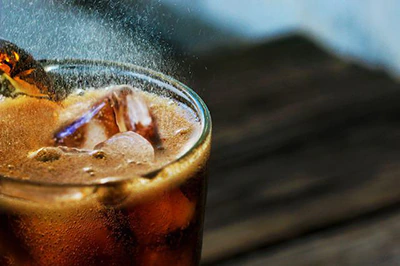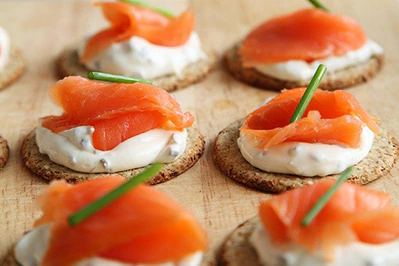| Additive Summary | Aspartame (E951) |
|---|---|
| Essence | Aspartame or E951 is an extremely widely-used artificial sweetener estimated to be around 200-fold sweeter than regular table sugar. |
| Names | N-(L-α-Aspartyl)-L-phenylalanine-1-methyl ester, APM, Aspartyl phenylalanine methyl ester, Splenda, Nutrasweet, Equal, AminoSweet, Sweet’N Low, Canderel, CAS 22839-47-0, E951, Aspartame, and others. |
| Sourcing | Commercially, it is typically sourced from three different substances that are L-aspartic acid, L-phenylalanine, and Methanol. |
| Manufacturing | To create this additive, there are a couple of ways to make it happen. One way is to form N-protected Aspartame by allowing a fusion of L-Phenylalanine methyl ester and N-protected L-aspartic anhydride. Then, it’s about performing crystallization and recrystallizing it. After that, it’s about the removal of the protecting group. This then means that we have a fusion of α-aspartame and β-aspartame which needs separation because only the former is needed as it’s the sweet isomer (the latter is the non-sweet one). |
| Application | Sweetener (slightly water-soluble). |
| Acceptable Daily Intake | The value is set at 40 milligrams on every kilogram of body weight. But that number is void of reality. Namely, we shouldn’t actually ever consume it. |
| Side Effects | It’s actually an insanely harmful substance. It can with an extremely high likelihood cause depression, cancer, brain damage, weight gain, obesity, diabetes, cardiovascular disease, dementia, Alzheimer’s, stroke, mood disorders, seizures, headaches, migraines, metabolic issues, kidney damage, anxiety, learning problems, digestive issues, fertility problems, liver damage, and even pre-term birth and overweight babies among other terrible effects. |
| Benefits | The benefits are only fleeting ones. The fact that it scores zero on the Glycemic index and that it has no bitter aftertaste really doesn’t matter. It does not help with weight management. |
| Studies | 1,650+ studies on Pubmed. 135+ studies on safety. |
| Allergens | While it doesn’t contain gluten, it can cause gluten-intolerance-like symptoms. |
| Diet Restrictions | Aspartame can be vegan-incompatible but it’s not necessarily always the case. |
| Health Knight Assessment | Seriously Harmful. | Category 5 Additive. |
| Products | It is decently common in both pharmaceuticals and supplements. But it’s absolutely dominant in sugar-free food. It is commonly used in various soft drinks, sweets, desserts, energy bars, cereals, candy, yogurts, ice creams, jellies, chips, gum, syrups, milkshakes, cocktails, energy drinks, ice teas, mints, crisps, green teas, pizzas, fruit juices, kefir, fresh fish products, sushi, cocoa drinks, puddings, expressos, fudge bars, crackers, alcoholic drinks, all kinds of protein products, flavored waters, snacks, and other foods. |



